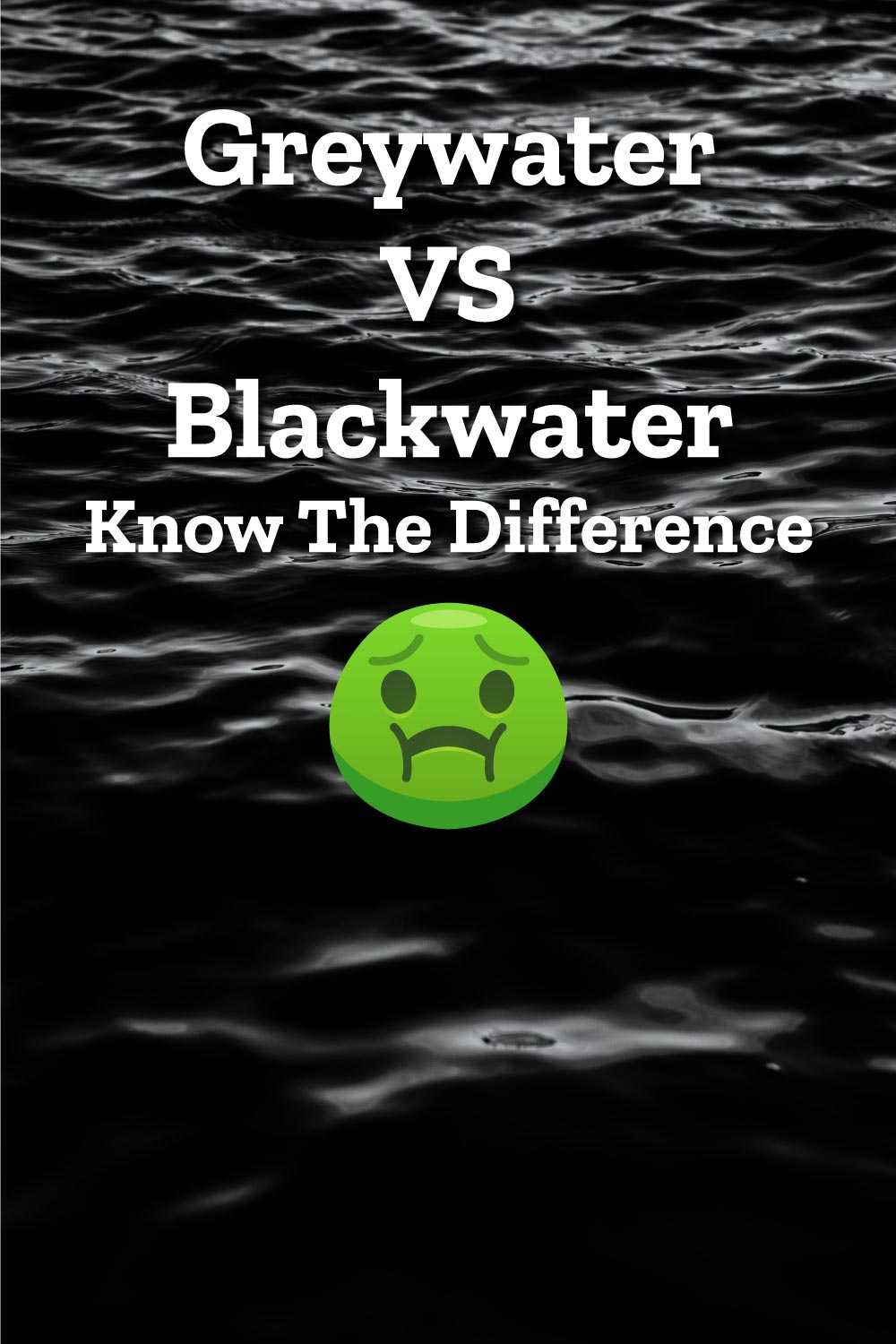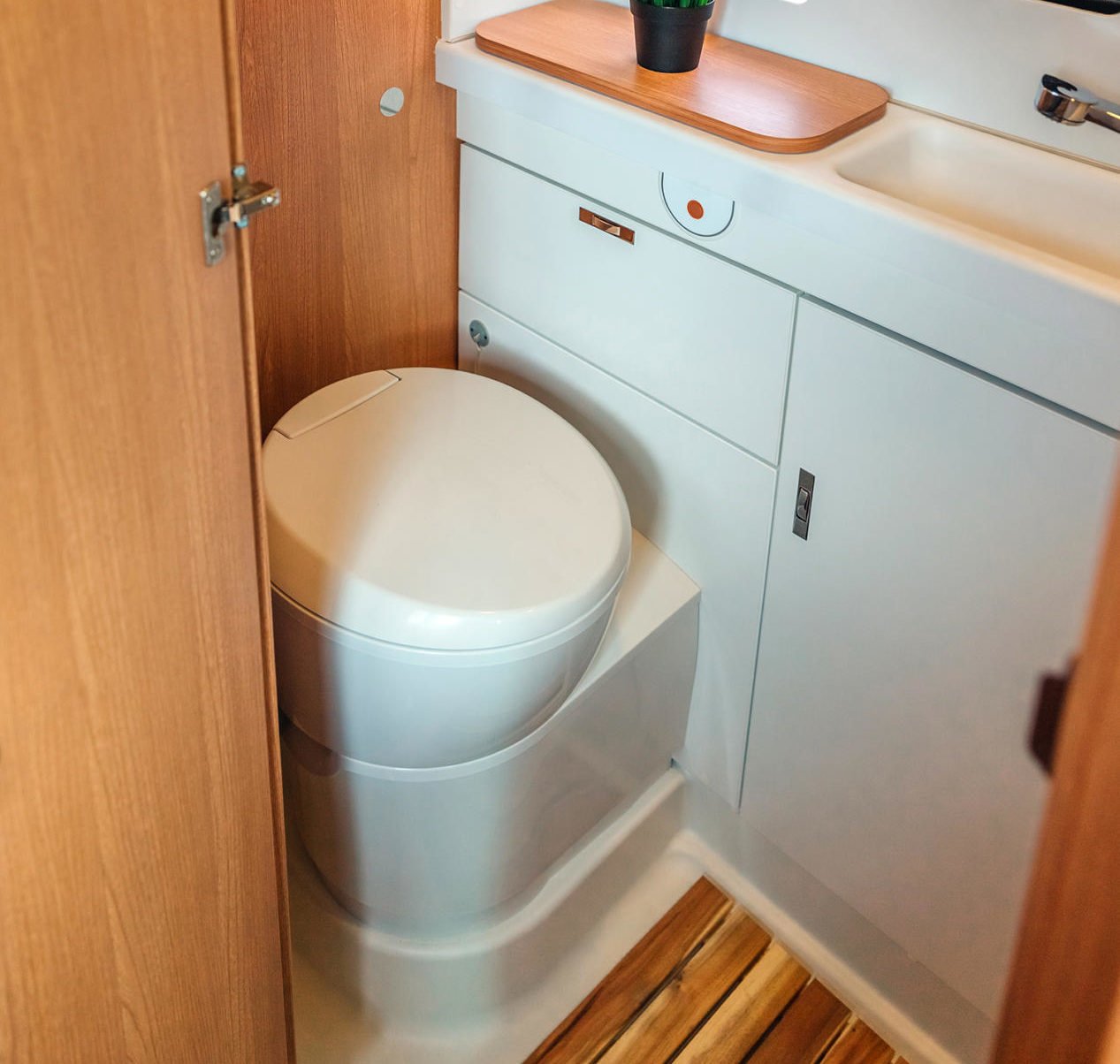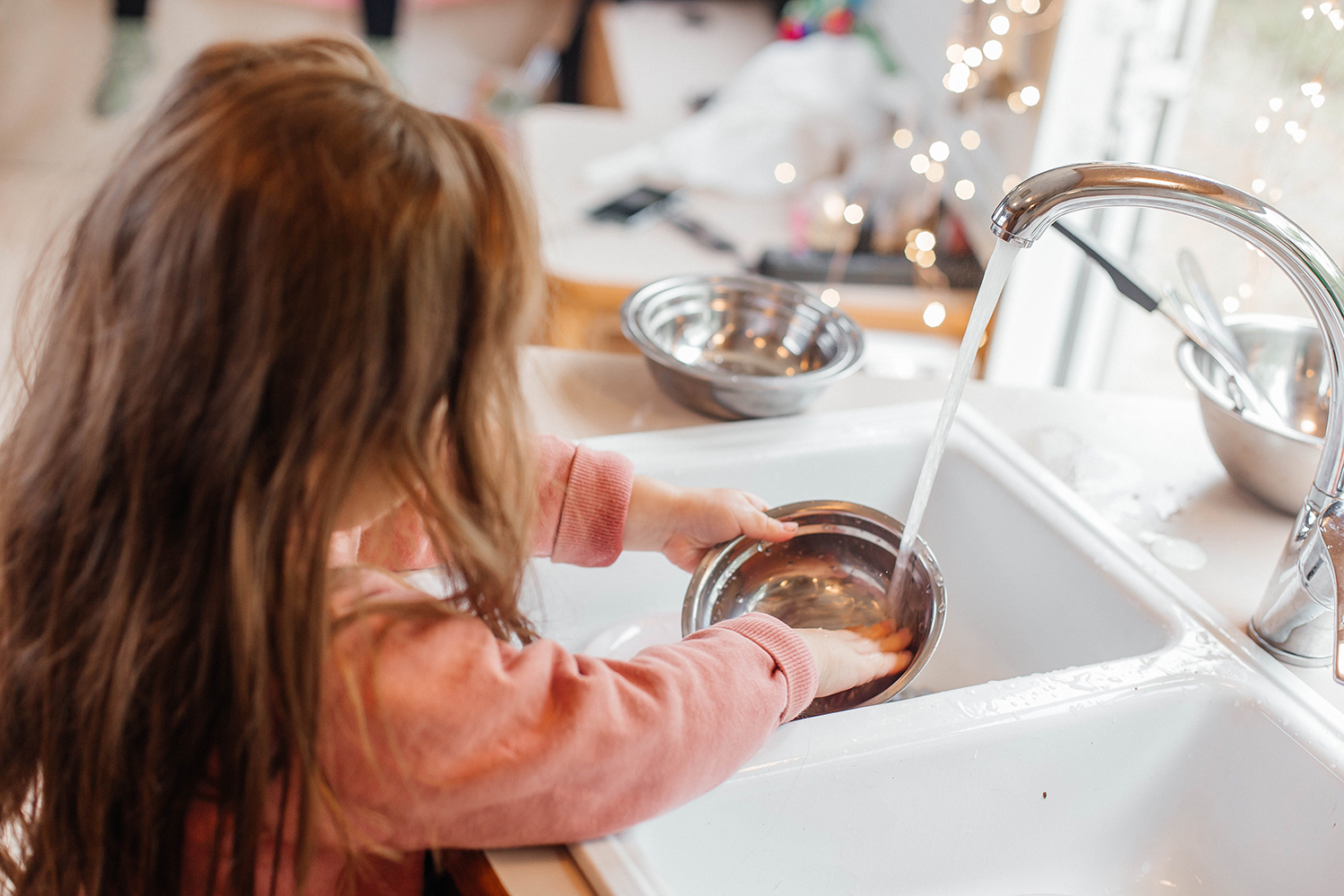When comparing RVing to camping in a tent, RVing has many luxury benefits that attract people to the mobile home version of camping. While camping is all about the outdoor experience, the perks of camping with an RV allow users to have access to clean water on tap, heat, electricity, and more comfort. However these perks come with maintenance such as changing out your greywater and blackwater tanks which can lead to some disgusting yet hilarious stories. But what’s the difference between blackwater and greywater?

Blackwater
Blackwater is the water from bathrooms and toilets that contains human waste. Blackwater (also known as brownwater or sewage) is known to carry diseases and bacteria which can be harmful to us humans and must be stored in its own tank and always disposed of properly. It is a common issue for people to dump their blackwater tanks too early or too often. This is not ideal as solid waste will be left behind in the tank even after disposing of it but when the tank is fuller; the solid waste is able to break down more. You can and should also use chemicals and products that help breakdown solid waste and odor quickly.
that help breakdown solid waste and odor quickly.
When a tank is full it consists of more liquid allowing the solid waste to flush out more thoroughly. It is recommended to wait until the blackwater tank is at least two thirds full before disposing. Blackwater tanks can be disposed of at campground sites and RV parks with full sewage hookups, select gas stations, select rest stops, RV dealerships, and approved municipal sewer systems or septic tanks. Blackwater will be treated through biological or chemical treatment and disinfection.

Greywater
Greywater differs from Black water as this is the waste water that is drained from your shower, kitchen and bathroom sinks. Greywater too consists of bacteria but is capable of being reused and/or filtered in gardens or lawns. Greywater has less contamination compared to black water meaning it is easier and quicker to treat and process. This water can be reused to water plants, gardens, and grass; however the reusability of the water all depends on its current condition and what it was used for. You wouldn’t want to use the salted water you have left over after cooling pasta to water your flowers.

How to Empty Your Holding Tanks
Emptying your waste tanks is an important aspect of properly maintaining an RV. Make sure you follow your RV or trailers manual but below are the simple steps you can take to dispose of your waste tanks properly:
- First you should put on a pair of rubber gloves just in case things get messy.
- Second, hook up the sewage drain hose to both the blank water tank on one end and the sewage line valve or dumping station on the other end.
- Thirdly, pull the valve completely empty the black tank.
- Next flush the black tank with water to clean it.
- Ensure that all water in the tank is completely drained.
- Repeat the same steps for the gray water tank.
- Shut the valve and remove the hose from your RV’s water tank.
- Rinse down the inside of the hose with water before disconnecting it from the sewage drain or dumping station.
- Disconnect the sewer hose and properly store it for the next time.
Maintaining Waste Tanks
Holding Tank maintenance includes more than just emptying them when they become full. To fully maintain your waste tanks, you should be flushing them out regularly and sanitizing the inside of them with chemicals found in the RV section inside any typical box store. Some tips to minimize troubles with waste tanks include.
- Flushing them regularly.
- Sanitizing the tank after disposing of waste.
- Clean the tanks often with water to get rid of any large debris.



